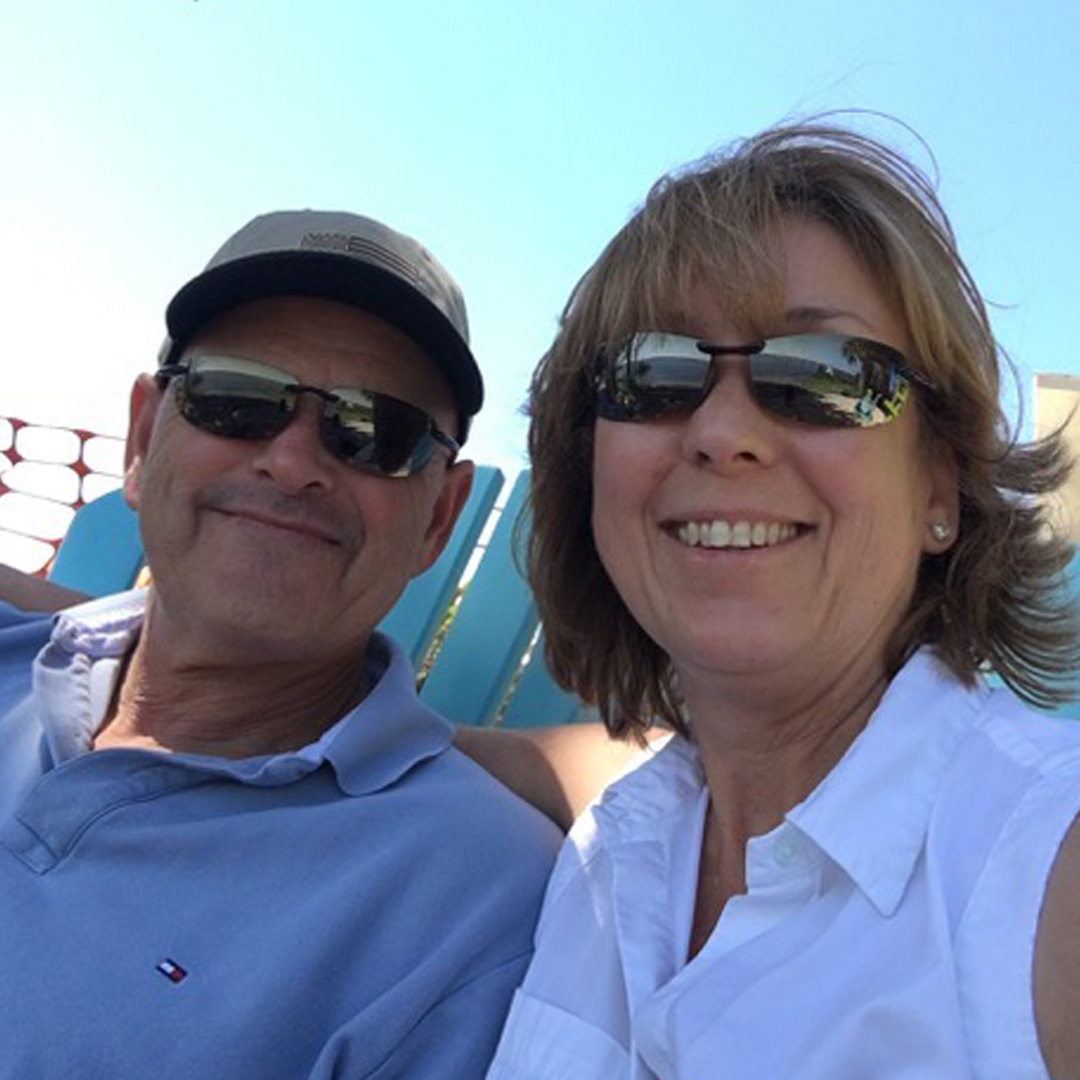Related Articles



As Cancer Fighters volunteers, Ed and his wife Sandy set a goal to use encouragement, education and empowerment to change others’ initial reaction to the words, “You have cancer.” Now, Ed and Sandy are sharing the four pieces of advice that helped their family navigate a metastatic cancer diagnosis.